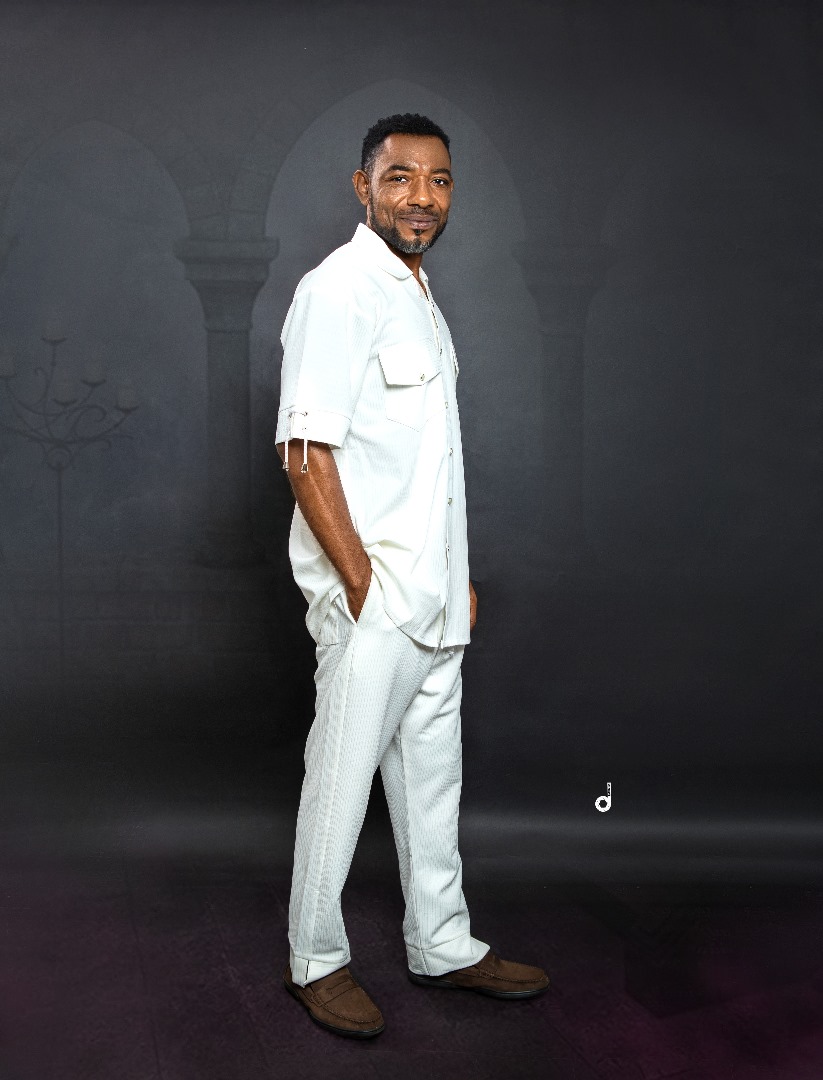
In times when corruption threatens the moral fabric of nations, it becomes essential to examine the responsibility of leadership—not through sentiment, but through justice.
History and scripture offer vivid lessons. King Saul, chosen by God, was tasked with eliminating a corrupt and dangerous people. But instead of fulfilling his assignment with obedience, he allowed personal emotion to get in the way.
The result was disobedience, which cost him his throne. On the other hand, King David, given a similar charge, executed it with firm resolve and loyalty to his mission.
This contrast highlights a powerful truth: Every position of leadership—whether religious or governmental
—demands clarity of purpose. A king must act like a king. A pastor must act like a pastor. When roles blur, so does justice.
There are individuals in society whose corruption runs deep—so deep that if not confronted, they influence and spread that decay to others. Justice is not a cruel tool, but a necessary one.
Leaders must understand that justice often involves making difficult decisions, including imprisonment for those who compromise the well-being of others.
Leadership, especially in government, is not about being liked. It is not about playing “nice” to gain public favour. It is about defending the people and preserving the integrity of the nation.
Even Jesus Christ revered for His love and mercy, displayed duality in leadership.
To the humble and broken, He extended compassion. But when He confronted the elite who manipulated the law to oppress others, He did not remain silent—He stood firm and challenged them.
This balance—strength with compassion—is the hallmark of good governance. A healthy society is built not just by praying for change, but by enacting laws that protect the innocent and isolate those who pose a threat to public good. Justice gives offenders time to reflect and possibly transform, but it also shields the larger community from their harmful influence.
Importantly, justice should not punish the innocent by association. A wise government ensures that the children of those facing legal consequences are not abandoned. Their education, health, and future must still be safeguarded. Accountability for one should not mean the destruction foranother.
In conclusion, let the shepherd nurture. Let the king govern. There is no shame in firmness when it serves the greater good. Real leadership must wear both the lion’s strength and the lamb’s compassion. This is the balance that builds nations.
By Pastor Larry Manna
Pastor Larry Manna is the Founder of The Lims Chapel dedicates the article to the President of the Republic of Ghana His excellency John Dramani Mahama.

